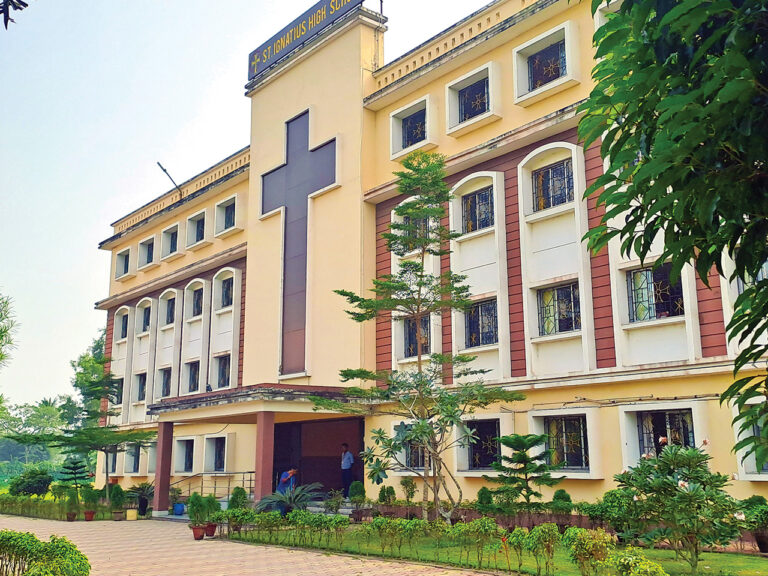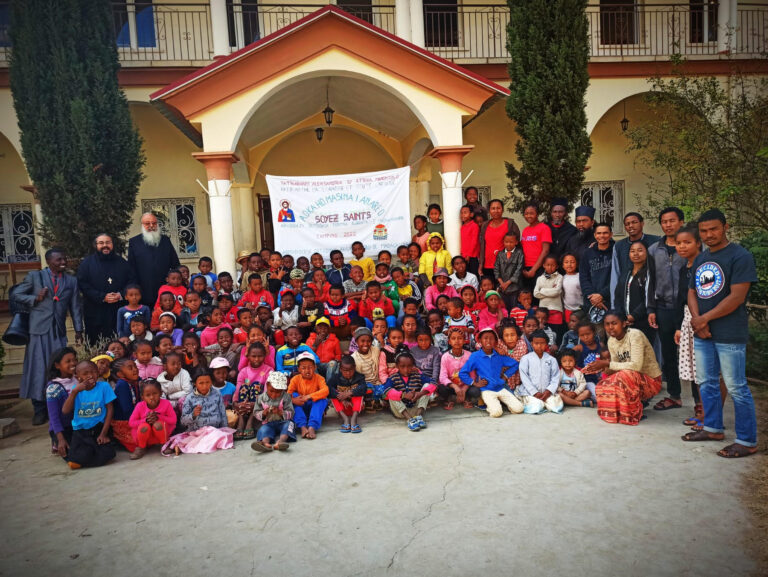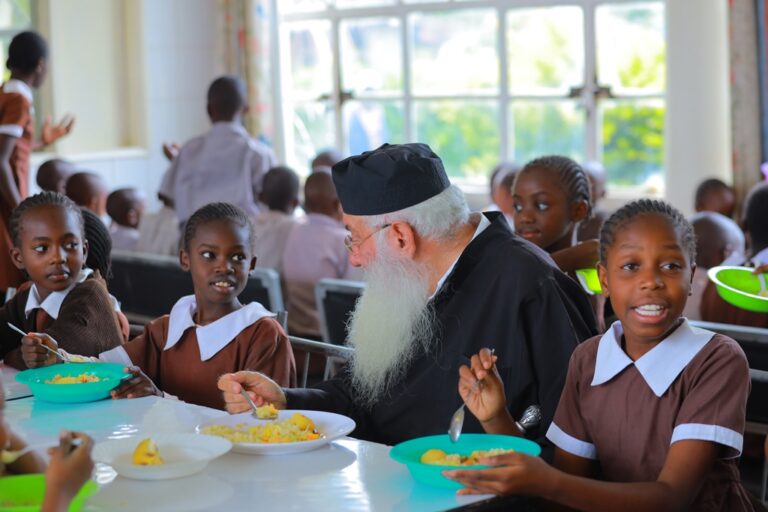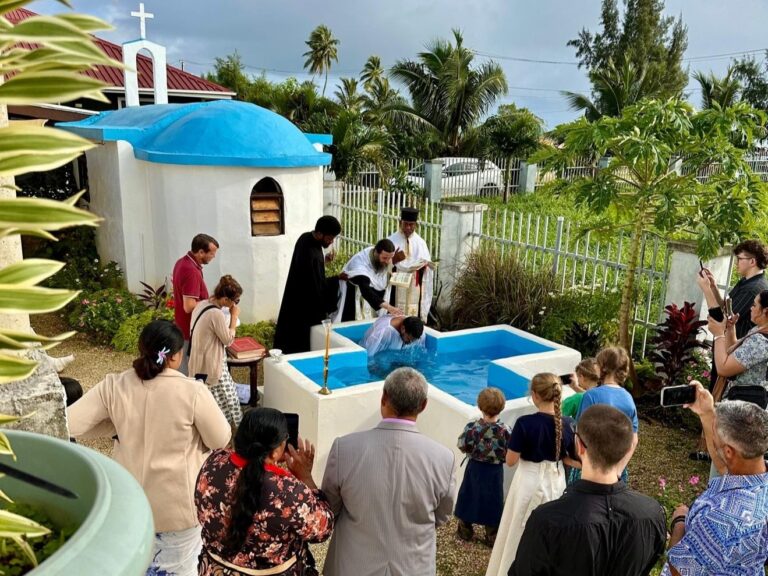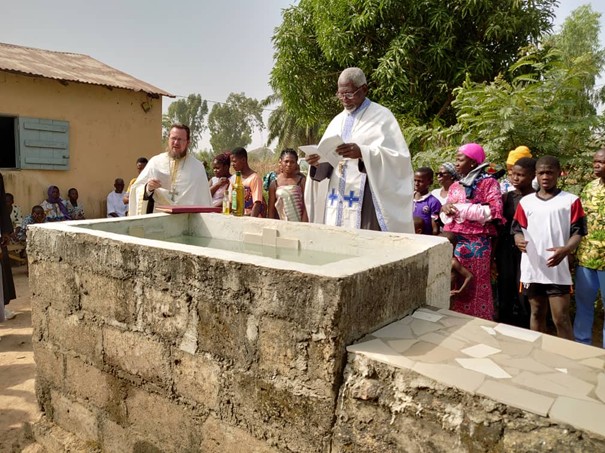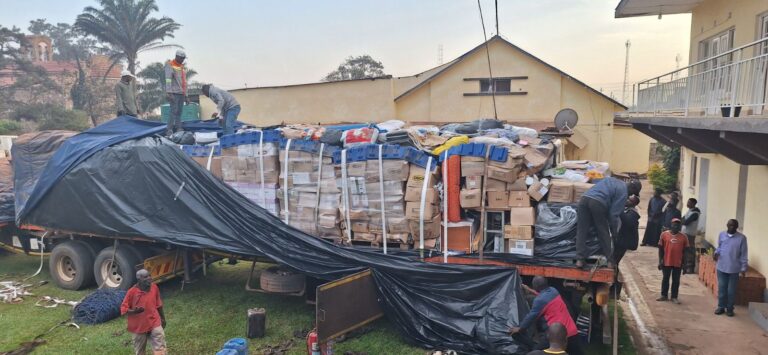The Ebola crisis and the Orthodox Mission
It’s dawn here in Freetown. All is quiet. A few hours ago, the entire city was experiencing the bright lightning, and the thunder that shook the earth sounded like cannon fire ripping through the air. The rain was torrential. This is what the rainy season is like here in West Africa. But this year, this season comes at a bad time, in the midst of the worst Ebola outbreak in history. You see, the Ebola virus survives very well in the wet. So the risk of water being contaminated by the virus is increasing. Once the dry season arrives, I believe the rate of Ebola infection will decrease to some extent. This will happen in January.
Sierra Leone: the epicentre of the global Ebola epidemic
The news here in Sierra Leone is unfortunately not good at the moment. Ebola is spreading rapidly and, quite literally, the epidemic is out of control. It is now growing at nine times the rate it was two months ago. Freetown, the nation’s capital, is fast becoming the global epicentre of the infection. Our situation here can be described as a total crisis. Neighboring Liberia was the most affected. It is now beginning to stabilise. International medical aid has been very late in coming to Sierra Leone, the new epicentre of the global Ebola epidemic. Now, they estimate that the death toll could soon rise to 1,000 a week. This epidemic must stop here in West Africa. There is no other solution. Otherwise, this epidemic could easily threaten Europe, North America and even Asia and Australia.
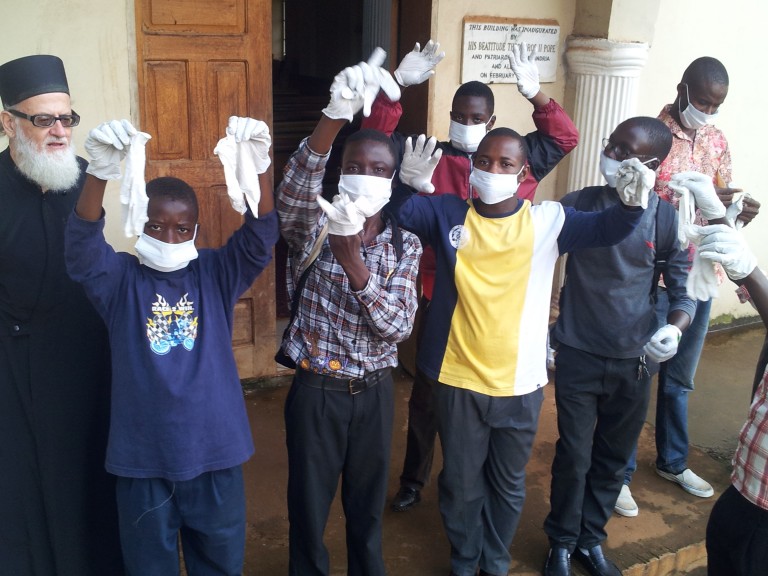
Abandoned corpses
The dead body of an Ebola victim is its most infectious period. Unprotected contact with a corpse infected with Ebola is suicidal. Consequently, family members, out of fear and panic, may throw the victim’s body into the streets, where it remains, threatening the health of neighbours. There was an incident in Aberdeen where a body was left on the street for days. This led to a huge demonstration by residents until the body was recovered. Near our Waterloo compound, a family died of Ebola. Most neighbors ran away in fear. However, the bodies of the children remained in the house for several days. It was the call of our mission that finally alerted the authorities to collect the bodies. Part of the rapid spread of the disease is due to bureaucratic shortcomings in the immediate response. The local medical infrastructure is simply unable to cope. Ten years of civil war have seen to that. So the Ebola epidemic is now out of control here. Only thanks to immediate and major international intervention will there be some light at the end of the current dark tunnel. And that is coming very slowly… The international community has failed us. The International Health Organisation recently admitted that it underestimated the outbreak when it first started. In fact, the issue was only taken more seriously when some isolated cases of Ebola began to appear in Europe and North America.
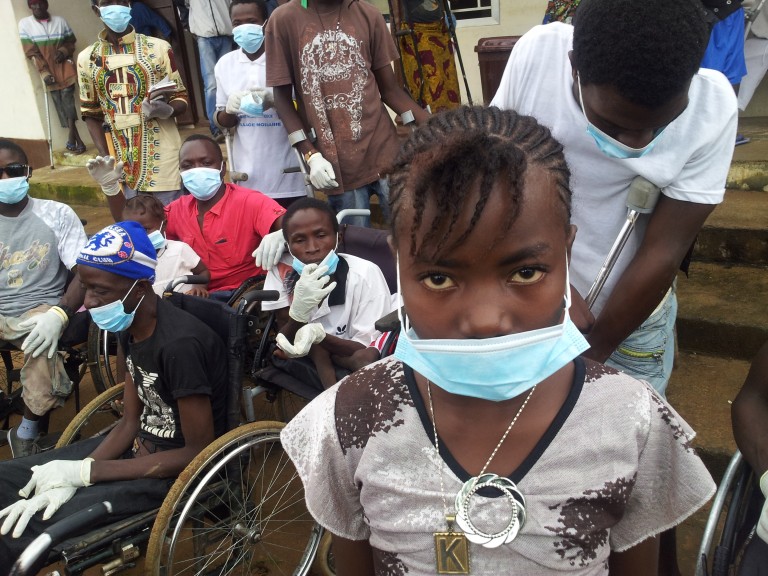
The Orthodox Mission in Sierra Leone and Ebola
However, in the midst of this nightmare, I have some good news to bring you. None of the Orthodox flock and our workers here in Sierra Leone have contracted the virus. And our people continue to receive Holy Communion without fear of being infected. Such is the level of faith here. Of course, the absence of infection among the Orthodox is the result of God’s grace, as well as the hard work of the Mission and the help of our international supporters and donors from Greece and Australia. In this regard, I would like to express my gratitude to the Orthodox Foreign Missionary Brotherhood for their financial assistance during this crisis as well as the imminent arrival of a much needed container of food, organised by their warehouse in Filiro. The most vulnerable segment of our flock is the disabled community that we house and feed in our Waterloo Congregation. The disabled are in the high risk groups for contracting the virus because they depend on the help of others to get around. Since Ebola infection comes primarily through close physical contact, disabled people are at a significant disadvantage. Add to this their propensity to beg on the streets of Freetown on weekends and you have a deadly chance of infection. If just one of the disabled residents becomes infected, then our entire Waterloo compound could be infected with Ebola – and we’re talking over 100 people! Fortunately, so far we have been able to stop them from begging on the streets of Freetown. In a sense, we have quarantined them. We have achieved this through education, distribution of protective gear (gloves, face masks, bleach, etc.), increased monetary assistance and the provision of rice supplies. The expected container from Thessaloniki will really help us in this direction.
Personal thoughts
Living right at the heart of the global Ebola epidemic is of course a great challenge. And the smallest mistake in our daily routine can be fatal. Sometimes, I wake up in the morning with a cough or other unusual symptom and think: “This is it, I have Ebola.” But then I realize to my relief that the real symptoms are not there – no fever, no vomiting, no diarrhea. People from abroad keep calling me and asking, “Father, why don’t you leave, to save yourself from possible infection and death itself?” The answer is very simple. For the time being, God has placed me here in West Africa. As pastor of the Sierra Leonean flock, it is my duty to stay with them, care for them, teach them, comfort them, lead them, and protect them from an evil that kills without mercy. Furthermore, our Lord Jesus Christ teaches the Christian shepherd not to abandon the sheep when danger comes. Only the hireling abandons the sheep in times of crisis (John i. 12-13). We trust in Christ’s protection. Yes, “though I walk through the shadow of death, I will fear no evil, for Thou art with me” (Ps. 23:4).

Note of gratitude
Once again, I would like to express my sincere gratitude to all the friends of the mission in Greece and especially to the Brotherhood of Orthodox Foreign Mission for their continuous support. You were among the first international organizations to send aid here in Sierra Leone during the Ebola crisis. Well done! We now look forward with great anticipation and gratitude to your container of essential food. We ask for your prayers and continued support as we enter the most critical and dangerous period of the epidemic.
π. Themistocles Adamopoulos

